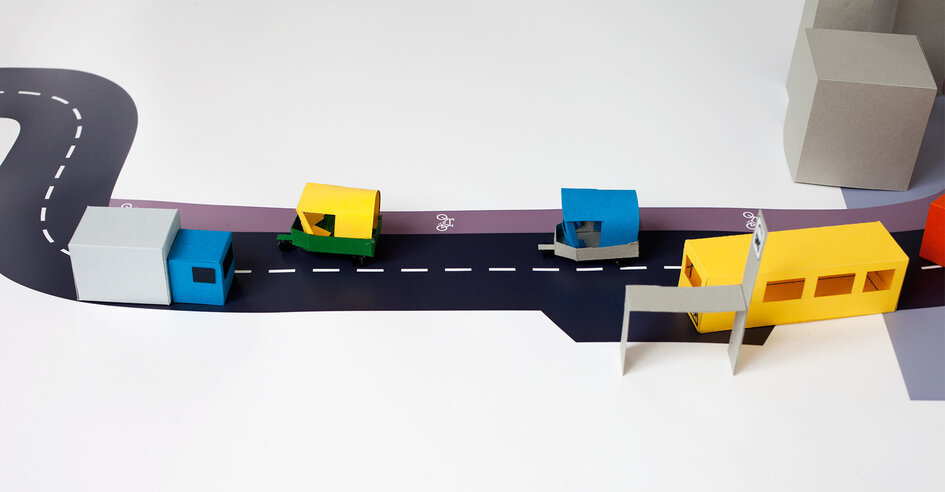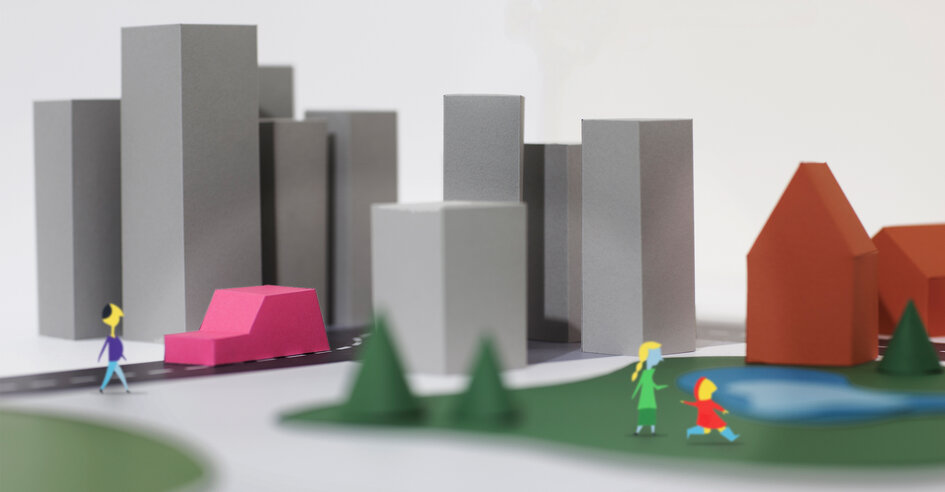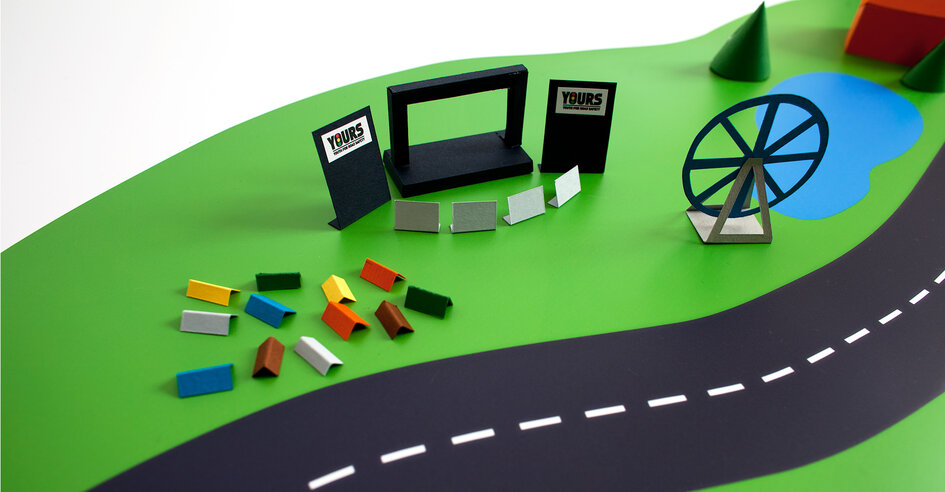
“How I learnt road safety from my son” – a perspective from India
Children may teach us a thing or two about traffic rules, especially if they are learning them the right way: the digital way
My 11-year-old son has done Marc Prensky proud. He has picked up most of his traffic rules playing Driving School 2016 on his iPad and waves this knowledge at me when I am at the wheel. Author of Digital Game-Based Learning and Teaching Digital Natives, Prensky believes that to be able to teach digital natives anything effectively, the lessons have to be framed in their language.
With my experience back home validating this approach, I feel compelled to raise the banner for digitalisation of road safety education.
Ahead of Road Safety Week 2018 (January 11-17) in India, I have a question. Are Indian schools sensitive to the need for a road safety curriculum, let alone one based on digital tech?
Voluntary organisations promoting road safety awareness don’t think so. On the positive side, most schools are committed to promoting life-skills education, which provides these groups a window of opportunity. Even if they manage to get a foothold in schools, I wonder if their teaching methods will be effective though. Most organisations still rely on charts and signboards to convey their message. By themselves, they don’t make for an engaged classroom. And it is only in moments of intense engagement that we learn best.

My son learnt all the rules well, as he was engaged in what was unfolding in front of him, every bit and byte of it. In a game of this nature, the process of reward and punishment is quick as well as continuous.
When the speed limit is exceeded, a lane rule violated or a road sign ignored, minus points go up, across the screen. For driving behaviour that complies with road rules, plus points go up.
The game offers the additional excitement of ‘driving’ a Bugatti Chiron, a Lamborghini Aventador LP700-4 or a Mercedes-Benz GLE Coupé. There is also the option of driving with manual transmission, which increases the player’s level of engagement.
However, my son has to interpret the lessons learnt from Driving School to be able to apply it in an Indian context, as it is designed for roads with a left-hand-drive system and the terms drawing attention to traffic rules are also different.
Traffic safety games meant for Indian roads will serve the purpose better. I have come across Driving Academy India 3D, with cars that you find on our roads. There are also Indian-looking instructors in the game. There is a case for more such games factoring in Indian road conditions and driving behaviour.
Now, these games are made for certain platforms. For example, Driving Academy India 3D is available on the android platform and Driving School on iOS and Android.If getting the necessary devices for children to play these games is a problem, there is the option of running gameplays of these games, available on YouTube, for a classroom. There are free, short, animated road safety films that could be used in a road safety class.
A few years ago, the Automobile Association of South India released one — ‘Ready Steady Slow’ — which deals with the topic of speeding, with just the right dose of humour to keep a classroom of little children in splits. And Honda 2 Wheelers India released an animated short — ‘Road Safety Lessons for Children’ — that explains various traffic signs and the must-dos on the road.
There could be more such initiatives from other quarters. And these resources should be used more often by parents and teachers for the education of their children. In fact, even for themselves.
| Adapted from The Hindu – Original Article – Written by Prince Frederick |












